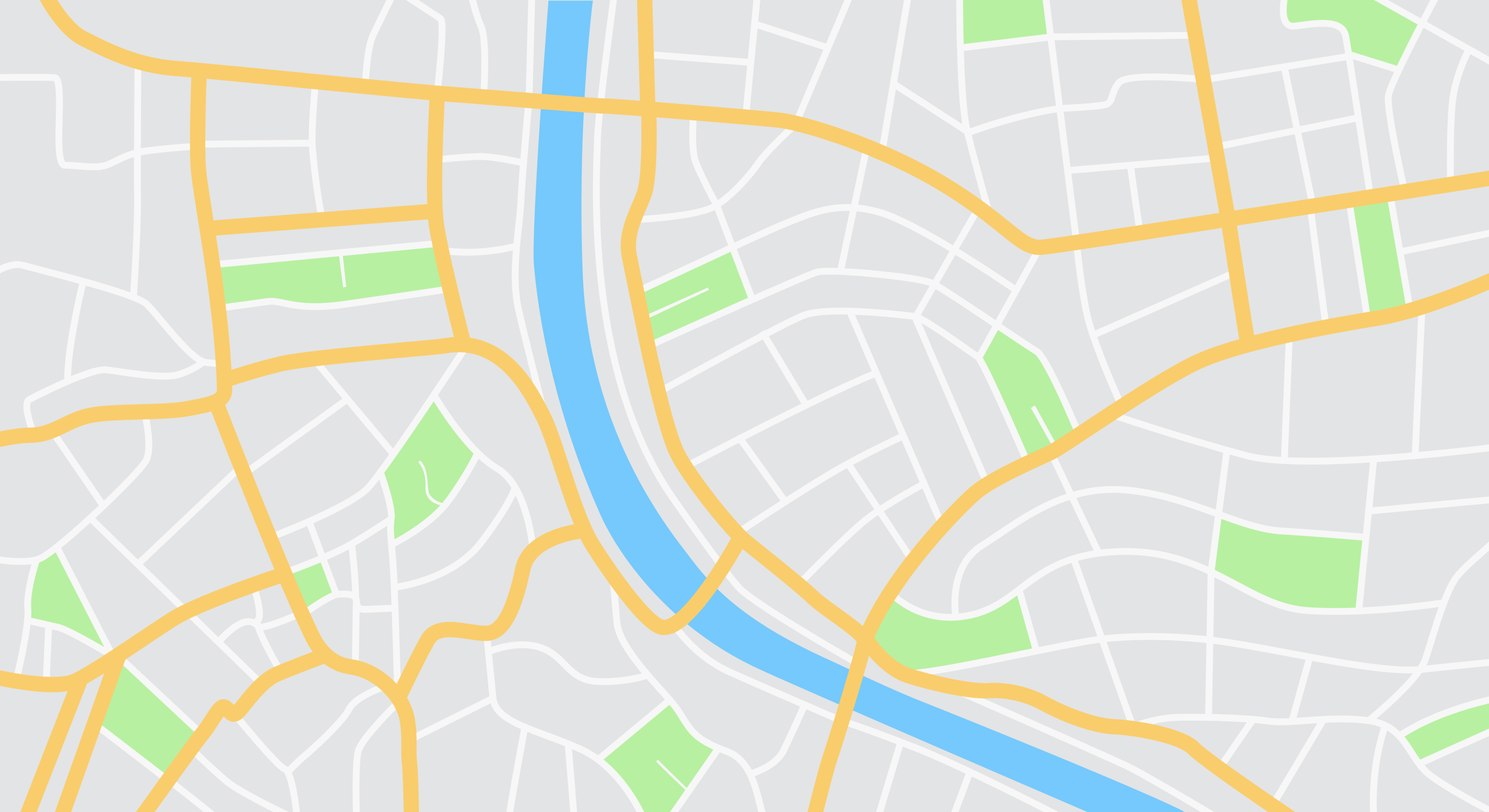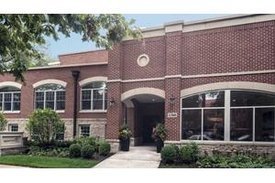Nursing Home Communities in Des Plaines, Illinois
Our comprehensive listings and authentic reviews in Des Plaines, IL below include 341 nursing...
To support you in your search, our Family Advisors are standing by to provide you with a free, no-obligation care and budget consultation.
Directory of Nursing Home in Des Plaines, IL

Filters
341 Results
Reviews of Communities Nearby
Nursing Homes
Aashi
5.0
Review of Generations at Oakton Pavillion
We found Generations at Oakton Pavillion for my Father. He's going to transfer over there. I've seen it, I went last week. In other words, it's like a hotel. The staff was pretty good.
Nursing Homes
Karen 319B
3.0
Review of Lee Manor
The rooms are a fairly good size for two people but there is not much space for storage and the closets are very small.
Nursing Homes
Linda
3.0
Review of Alden Des Plaines Rehab & Hc
My sister was at Alden Des Plaines Rehab & Hc. Their rehab was stellar. They had very good therapists there. They're very caring, very involved with the patients, and very educated. We felt that...
What you can do with Caring
The Cost of Nursing Home Care in Nearby Cities
When comparing the monthly cost of semiprivate rooms in nursing homes, the $8,076 average rate in Des Plaines is $320 higher than the $7,756 national median. Prices here also exceed the Illinois statewide average of $6,235 by $1,841.
Des Plaines is one of the most expensive cities for nursing home care in Illinois. Costs in the city are $1,080 above the average paid in Bloomington ($6,996) and $1,202 more than the rate in Danville ($6,874). Residents of Kankakee pay $6,540 per month, while those in Rockford pay just $5,825.
Des Plaines
$8,076
Illinois
$6,235
The United States
$7,756
Rockford
$5,825
Kankakee
$6,540
Bloomington
$6,996
Danville
$6,874
Nursing Home Costs in Des Plaines, IL
Semiprivate rooms in Des Plaines’ nursing homes cost an average of $8,076 per month, while private rooms cost $8,532 on a monthly basis.
Financial Assistance for Nursing Home Care in Des Plaines, IL
Many seniors and their families use some form of financial assistance to help them pay for nursing care. The main options available are Medicare, Medicaid, and veterans benefits. These programs can be complicated, especially when it comes to benefit terms. Below, we give a brief overview of how these programs may be used towards paying for skilled nursing care.
- Medicare: Medicare will typically cover all skilled nursing costs for the first 20 days of one’s stay in a nursing home and a portion of the costs until day 100. After 100 days in a skilled nursing facility, Medicare will not cover any part of the cost of the stay. While this is adequate when short-term care is needed, those in need of long-term care will need to either pay out-of-pocket or use another source of financial assistance.
- Medicaid: Medicaid covers most of the costs of living in a skilled nursing facility for those who qualify. Care, room, and board are covered with no time limit, but residents may be charged for extras like specially prepared food or cosmetic services. Medicaid eligibility standards are strict and complex, so not all seniors are eligible for Medicaid benefits.
- Veterans Benefits: Veterans receiving a VA pension may also be eligible for the Aid and Attendance benefit administered by the VA. Aid and Attendance is a monthly allowance that beneficiaries may use to pay for their long-term care, including skilled nursing care.
If these options aren’t available to you, check if your loved one has long-term care insurance or contact your Area Agency on Aging to ask about any local financial assistance programs for seniors.
The Cost of Other Types of Senior Care
Cost is often a major factor for families exploring care options for an aging loved one. In Des Plaines, adult day health care is the most economical choice at an average monthly cost of $1,614. Assisted living costs $4,950 per month, while home care averages $4,957. Home health care is slightly more expensive at $5,053. Nursing homes are the costliest choice at $8,076 for a semiprivate room and $8,532 for a private room.
Home care
$4,957
Home health care
$5,053
Adult day health care
$1,614
Assisted living
$4,950
Nursing home (semiprivate room)
$8,076
Nursing home (private room)
$8,532
Note: Data for Des Plaines was unavailable, so data for the nearest city, Chicago, was used instead.
Free Resources for Seniors in Des Plaines, IL
Des Plaines seniors and their families can access various resources to help with long-term care decisions. Some available services can allow individuals to delay entry into a nursing home, while others can help seniors choose appropriate care options and transition into a long-term care facility if necessary.
| Resource | Contact | Service |
|---|---|---|
| AgeOptions | (800) 699-9043 | AgeOptions coordinates a variety of home and community-based resources for Des Plaines and Cook County seniors. The agency is a one-stop source for information, guidance and assistance for individuals and families facing long-term care support decisions. It offers care coordination that enables some individuals to remain in their own homes. AgeOptions also operates the Long-Term Care Ombudsman Program that advocates for nursing facility residents. |
| Center for Disability & Elder Law (CDEL) | (312) 376-1880 | The CDEL provides free civil legal assistance to income-eligible seniors in Des Plaines and throughout Cook County. Available services include advice, self-help resources and full representation in matters regarding financial and housing stability, advance directives and adult guardianship. CDEL also hosts neighborhood legal clinics covering powers of attorney, estate planning and veterans’ issues. |
| Illinois Department on Aging | (800) 252-8966 | The Illinois DOA administers various programs that may benefit older Des Plaines residents. Assistance with understanding Medicare and health insurance options is available through the Senior Health Insurance Program (SHIP) and Senior Health Assistance Program (SHAP). The Community Care Program (CCP) provides in-home services that can help Medicaid-eligible adults aged 60 and older avoid unnecessary institutionalization. Seniors and their family members can call the DOA's senior helpline for personalized information and access to services such as home-delivered meals and help with choosing the right long-term care option. |



